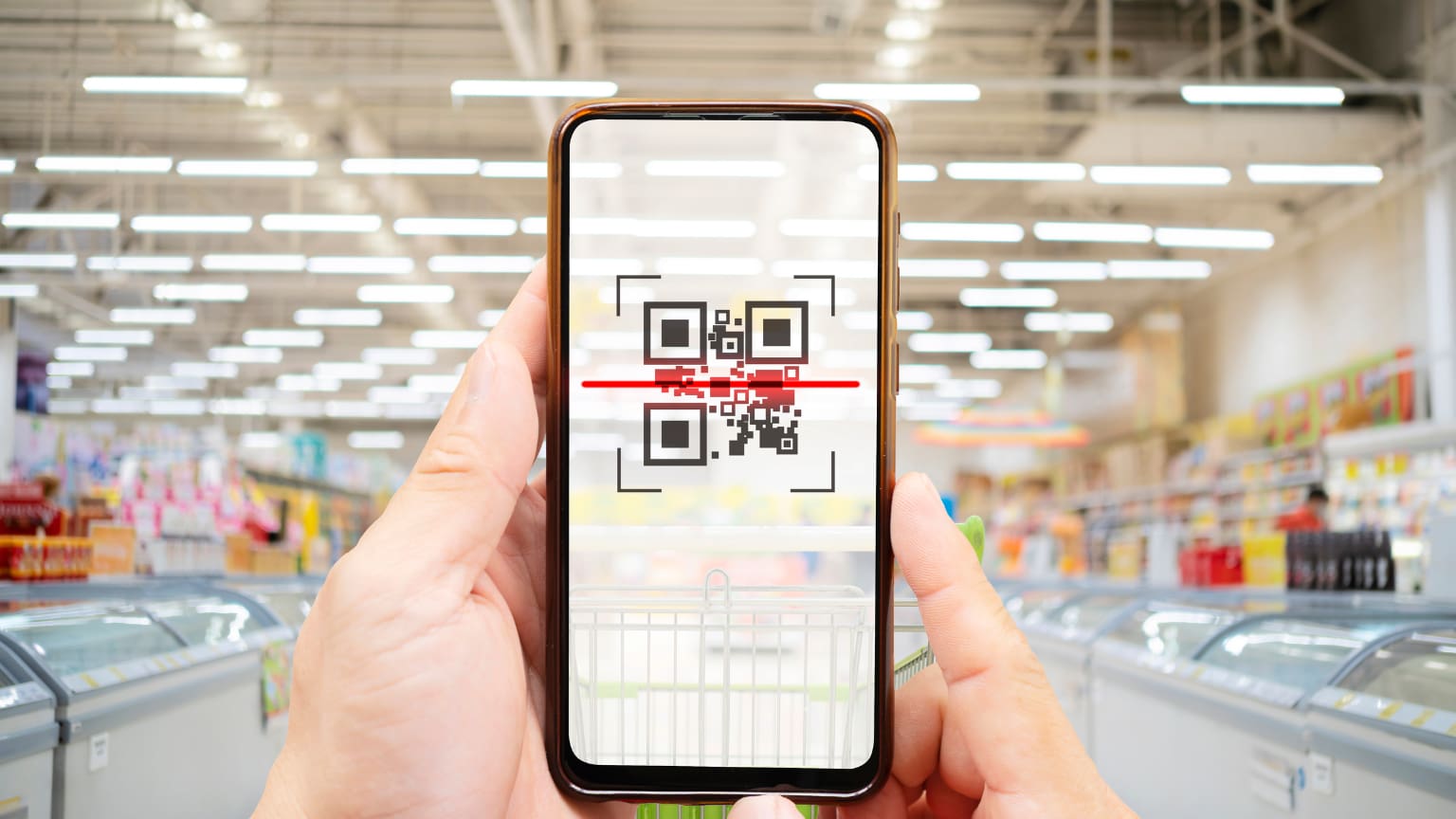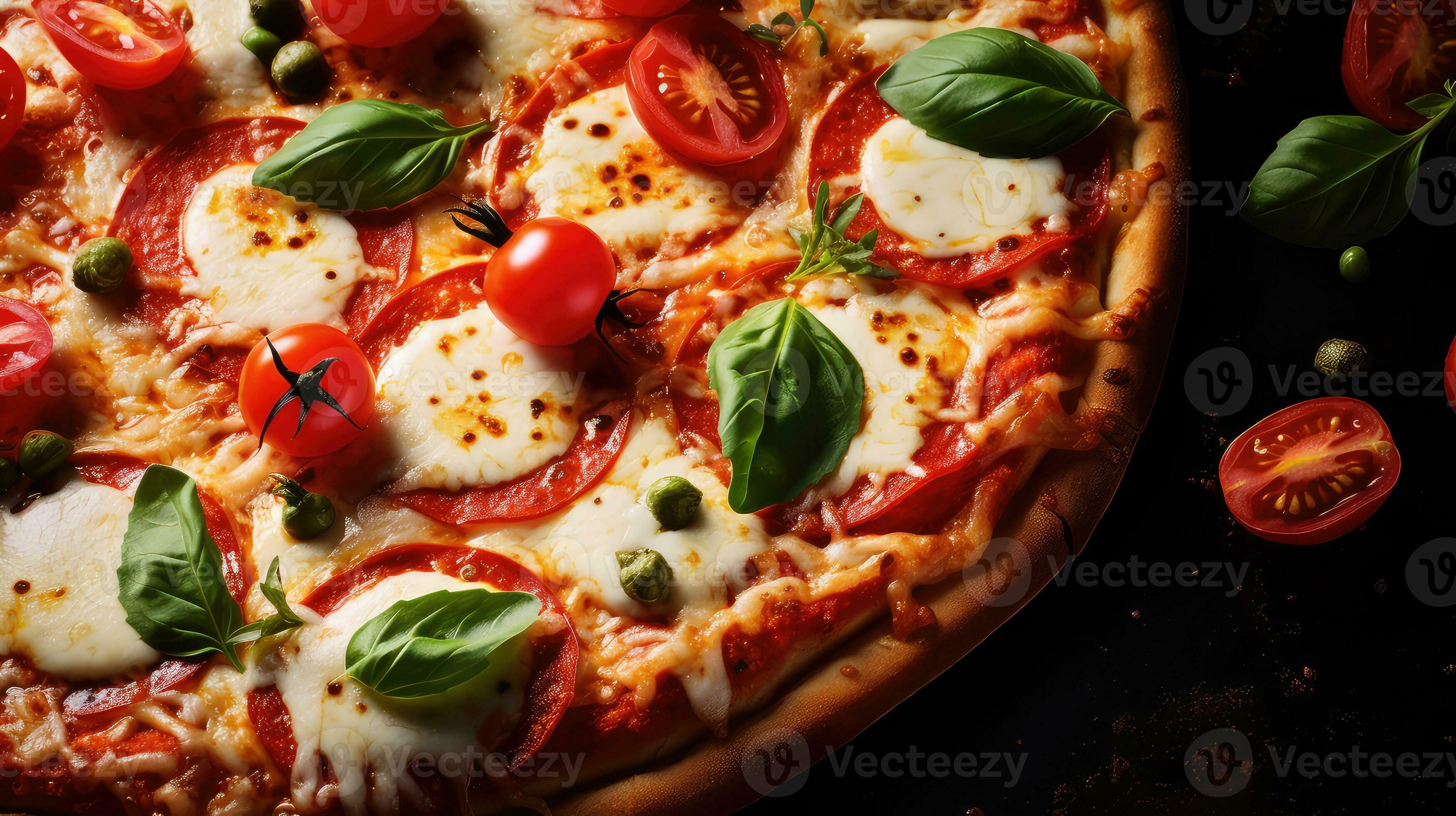Unlocking the Potential of AI and Blockchain in the Food Supply Chain Biology Diagrams AI can revolutionize the food industry's complex value chain by breaking operational silos and translating vast streams of data into actionable intelligence. Notably, LLMs and chatbots can serve as digital interpreters, democratizing access to data analysis for farmers and growers, and enabling more informed decisions by food companies. The integration of AI into food supply chains will further streamline logistics, improving demand forecasting, inventory management, and waste reduction. AI-powered blockchain solutions will also enhance transparency and traceability, ensuring food authenticity and reducing fraud. 6. AI-Powered Food Delivery and Autonomous Vehicles

AI in Food Delivery and Supply Chain: Enhancing Efficiency and Sustainability AI algorithms can predict how much food should be ordered or produced by analyzing consumer demand, weather conditions, and historical data. For instance, For instance, KLM Airlines created the AI model TRAYS for its catering, resulting in a 63% reduction in

10 Powerful AI Applications Transforming the Food Industry in 2025 Biology Diagrams
AI is bringing data-driven insights to a fragmented supply chain. AI can revolutionize the food industry's complex value chain by breaking operational silos and translating vast streams of data

Advances in AI algorithms and computational capabilities, as well as the vast increase in the number of data points collected across agricultural and food science will enable more precise and predictive models in Agrifoodtech, leading to the development of sustainable farming practices, innovative food products, and optimized supply chains. AI is bringing data-driven insights to a fragmented supply chain. AI can revolutionize the food industry's complex value chain by breaking operational silos and translating vast streams of data Digital twins, which are virtual replicas of physical objects or systems, can use real-time data to simulate and predict food production outcomes (Henrichs et al., 2022), while Generative AI can enhance the generation of these models by interpreting textual data. Generative AI enhances data augmentation and integration in digital (food) twins

AI is revolutionizing R&D and supply chains in the food industry, but ... Biology Diagrams
AI can revolutionize the food industry's complex value chain by breaking operational silos and translating vast streams of data into actionable intelligence. Notably, LLMs and chatbots can serve as digital interpreters, democratizing access to data analysis for farmers and growers, and enabling more informed decisions by food companies.
